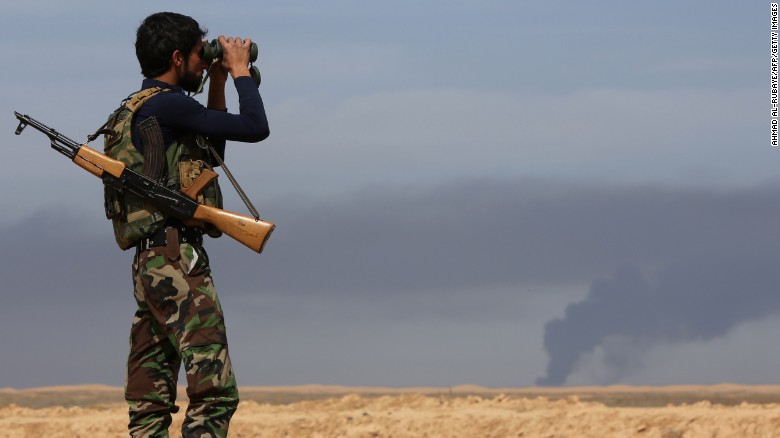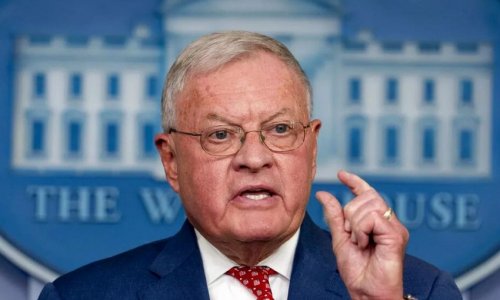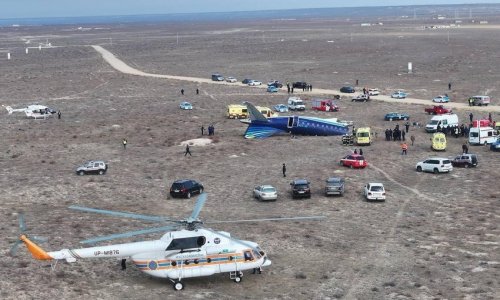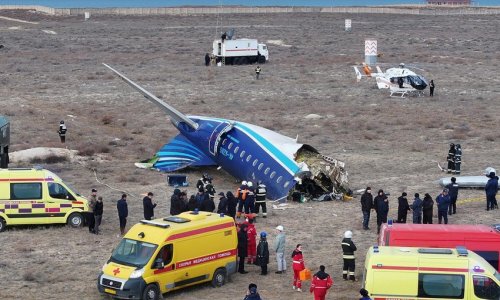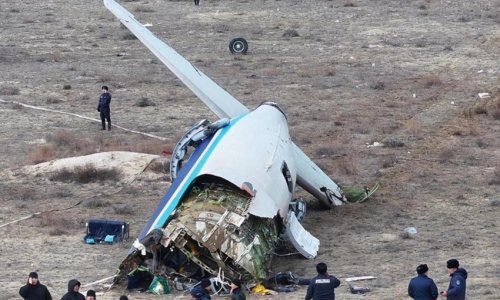In the past eight months, ISIS has seeded itself in some dozen countries around the globe. Indicative of this was the announcement on Saturday that the Nigerian terrorist group Boko Haram had pledged its "allegiance to the Caliph of the Muslims," ISIS leader Abu Bakr al Baghdadi.
The global spread of ISIS raises key questions about whether these new affiliates signal an intensification of the threat of terror. It also has important implications for the debate in Congress over Obama's request for a new authorization to fight ISIS.
Lt. Col. Michael Waltz, a U.S. Special Forces reserve officer who has just returned to the States after advising the Nigerian Ministry of Defence in its fight against Boko Haram, told me, "So far the pledge (to ISIS) seems to be legit."
Waltz says there is some debate about the timing of the pledge, because Boko Haram has recently come under effective attacks by Nigerian forces allied with the armies of neighboring African countries that are also threatened by the group: "Some folks in the region are saying it's a sign of desperation, as the regional offensive by Nigeria and its neighbors has knocked Boko Haram on its heels and out of a number of its sanctuaries. The Chadians have been particularly effective."
But Waltz also says there is some evidence that the Boko Haram pledge to ISIS "has been in the works for some time." The group's increasing alignment with ISIS is demonstrated by Boko Haram's recent beheadings of its victims and its more professionally edited video releases of recent weeks that have mimicked ISIS' slick videos.
Virginia Comolli, whose book "Boko Haram: Nigeria's Islamist Insurgency," will be published next month, agrees that the more sophisticated Boko Haram media releases of the past couple of months point to "some sort of inspiration" that Boko Haram is drawing from ISIS and that recent beheadings "might also be a form of copycat but, I shall note, they are not completely new" for Boko Haram.
Comolli also emphasized to me, "lately the government had been able to take back a number of towns under Boko Haram control. Boko Haram has always been very resilient and adaptable, changing and upping its game when needed. The pledge might be exactly that: Boko Haram has recently suffered some serious blows and feels it needs to try something different to strengthen its position."
Some 5,000 have died in Boko-related violence during the past half-decade, while more than 1.5 million have been forced out of their homes, but Boko has generally not attacked Western targets. Its affiliation with ISIS could change that although, for the moment, it's not clear how the Boko-ISIS alliance would work from an operational standpoint.
Hilary Matfess, a researcher at the Nigeria Social Violence Project at the Johns Hopkins University School of Advanced International Studies, told me, "Boko Haram would be the largest group to pledge allegiance to ISIS, but it's not certain what kinds of logistical or operational support that ISIS could provide an African affiliate."
Since August, Boko Haram is one of some 30 terrorist groups that have issued statements of support for ISIS or have gone further and pledged their allegiance to ISIS, according to IntelCenter, a Virginia-based company that tracks terrorist organizations.
Of most concern are the groups that have pledged allegiance to ISIS, since this allows ISIS some measure of command and control over these organizations and also means that these groups will likely more closely align with ISIS' goal of creating a caliphate across the Muslim world as soon as feasible and use the most reprehensible of tactics to do so.
(CNN)
ANN.Az
Follow us !

